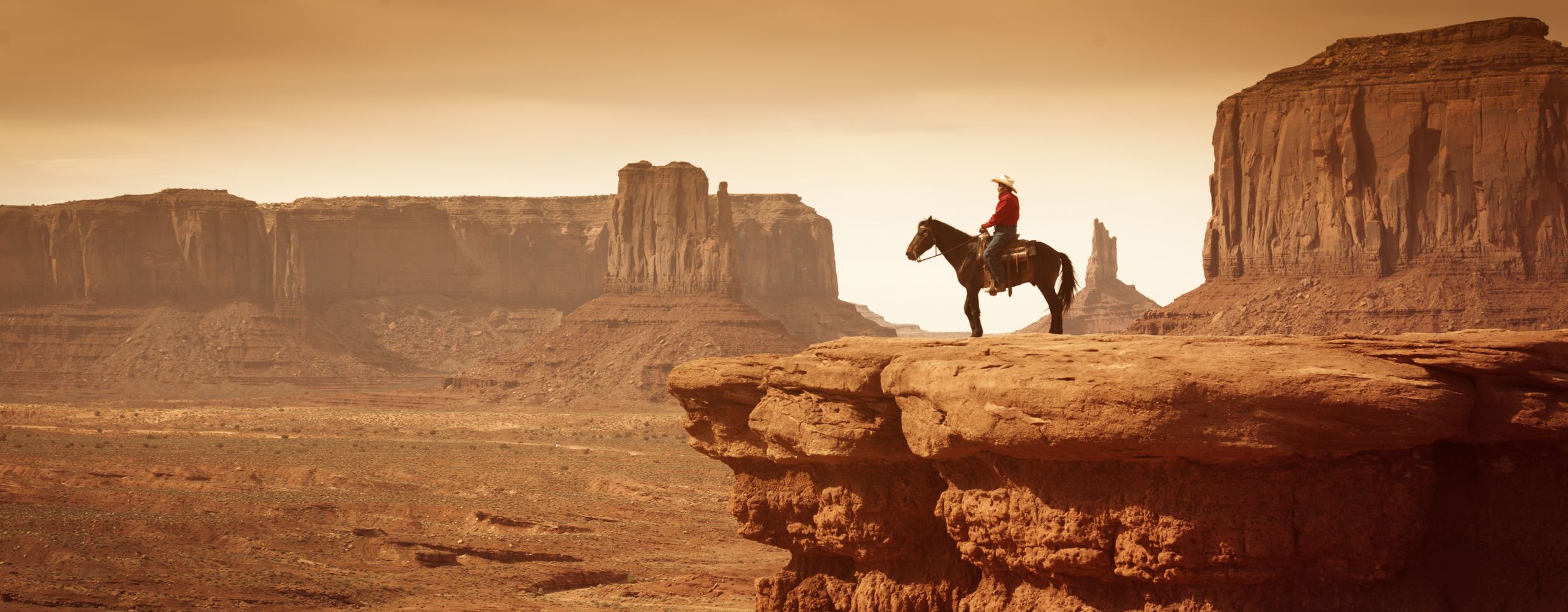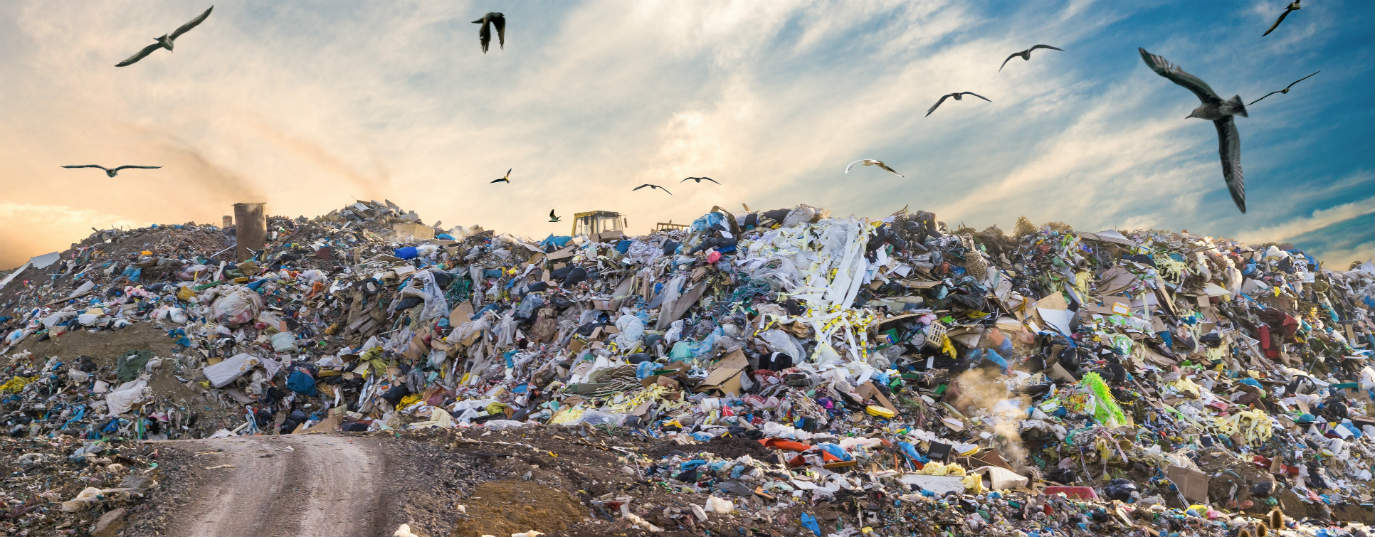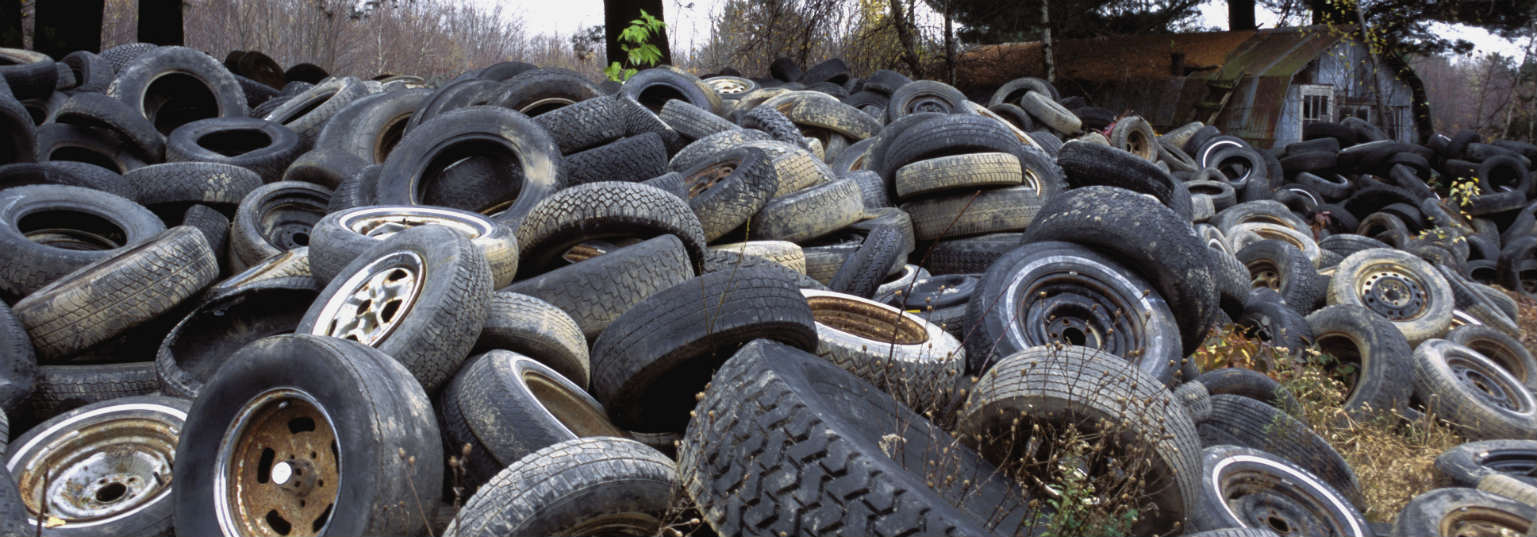From cowboy economy to spaceman economy
The spaceman economy is characterised by the efficient management of limited resources, threatened by overexploitation and pollution.
It's the 1960s and the space race is in full swing. Russia and the United States were competing to land the first man on the moon, while here on Earth, numerous cultural and social movements were emerging, including environmentalism.
These were years of economic, scientific and artistic progress, but also of environmental awareness. And a good portrait of these new ways of thinking is reflected in The Economics of the Coming Spaceship Earth, by the British economist Kenneth Boulding. A work published in 1966, three years before the first man set foot on the moon, which discusses the limits of the planet's economic growth.
In his book, Boulding defends the spaceman economy against the cowboy economy. But what is the difference between these two models?
Waste versus efficiency
The idea of cowboy economy refers to the way cowboys behaved in the Wild West during the 19th century. They would settle somewhere, consume the resources and, once exhausted, move on to the next destination to repeat the operation. In this system, consumption and production generate growth when they continually expand.
 The world, at that time, seemed infinite. An inexhaustible source of life. However, it was barely a decade before the Apollo 17 astronauts took the iconic image of the Blue Marble, the first photograph that allowed us to see the Earth in its entirety and, above all, in its vulnerability. Us, human beings, lived on a small ball floating in the vastness of the universe.
The world, at that time, seemed infinite. An inexhaustible source of life. However, it was barely a decade before the Apollo 17 astronauts took the iconic image of the Blue Marble, the first photograph that allowed us to see the Earth in its entirety and, above all, in its vulnerability. Us, human beings, lived on a small ball floating in the vastness of the universe.
Fortunately, those space expeditions taught us much more. On the space station, astronauts face two problems: they can't throw away the waste they generate, and they can't go to the supermarket around the corner to do their weekly shopping. In addition, getting any supplies up there is very complex and expensive.
Every tool, food or material becomes essential and making good use of them is necessary for the success of the mission and the crew's own survival. Precisely for this reason, recycling in space is the order of the day - even the astronauts' urine is recycled on the space station!
What Boulding does is to take the experience on the space station and extrapolate it to Earth. And that's why he proposes to move from a cowboy economy to an astronaut economy. In other words, from a linear economy to a circular one.
The spaceman circular economy
The spaceman economy is characterised by the efficient management of limited resources, which are threatened by overexploitation and pollution. This theory sees the Earth as a spaceship carrying millions of lives through the vastness of space in a closed system, where no waste can leave and no more resources can arrive. We have what we have, and it is our duty to manage it properly in order to ensure the future proper functioning of our "ship".
For us, the success of our mission will depend on the implementation of models such as the circular economy. A system of resource use that emulates the cyclical functioning of nature where the reduction of elements is a priority. In other words, minimising production to the indispensable, and when it's necessary to make use of the product, to focus on the reuse of the elements that, due to their properties, cannot be returned to the environment.
In fact, the space station operates as a small-scale circular economy. It's a kind of self-sustaining or self-sufficient environment where they even transform what they no longer need to build new materials. How? By means of a 3D printer that works in microgravity. For example, they use it to make tools to work with. It is no longer necessary to bring all the equipment with them from Earth. Instead, they can be built as soon as they are needed up there.
Evidence is there. The planet cannot sustain constant linear economic growth. Consequences such as climate change, which also affects the economy, are proof that the cowboy economy must once and for all be relegated to the plains of the 19th century Wild West. This system is doomed to failure in a world where cowboys aren't even famous in the movies any more.







